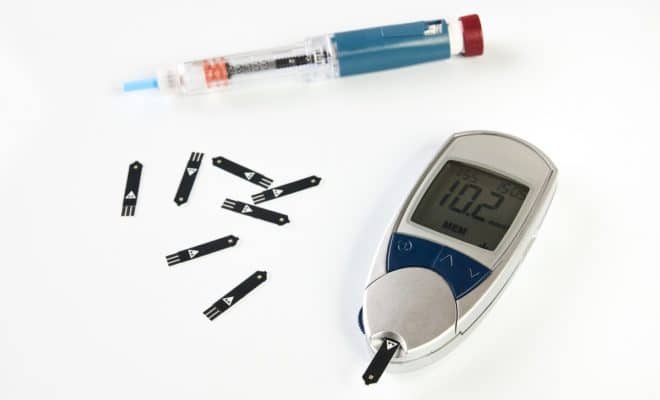Health
By 2030, Over 98 Mn Indians Will Suffer from Type-2 Diabetes: Lancet Study

Picture Courtesy: Bigstock
The findings published in The Lancet, revealed that China (130 million), followed by India (98 million) and the U.S. (32 million) will constitute over half of type-2 diabetics by 2030.
Nearly 98 million Indians will suffer from type 2 diabetes by 2030, according to a new study. The study also found that the number of adults with the disease is expected to rise by over a fifth from 406 million now to 511 million in 2030 globally.
The study, published in The Lancet Diabetes & Endocrinology journal, found that the amount of insulin needed to effectively treat type 2 diabetes will rise by more than 20% worldwide over the next 12 years PTI reported.
India, China, and the U.S. will share over half of these cases, Lancet said in its study, while asserting the need to improve access to life-saving insulin. One of the researchers in this study is of Indian origin.
The study showed that China (130 million) followed by India (98 million), and the U.S. (32 million) will constitute over half of type-2 diabetics by 2030, news agency IANS reported.
As a result, the amount of insulin needed to effectively treat type-2 diabetes will rise by more than 20 percent worldwide over the next 12 years, IANS said.
According to researchers from Standford University, without major improvements in accessibility, insulin will be beyond the reach of almost half of the 79 million adults with type 2 diabetes. The findings are of major concern for countries in Africa, Asia, and Oceania regions which the study says will have the largest unmet insulin need in 2030 if access remains at current levels, PTI reported.
According to the World Health Organization (WHO) data, in 2015 India had 69.2 million people living with diabetes. At the same time, global insulin use is estimated to rise from 526 million 1000-unit vials in 2018 to 634 million in 2030 and will be highest in Asia with 322 million vials in use by 2030 and lowest in Oceania with 4 million in use, researchers said. The analysis underscores the importance of tackling barriers to the insulin market, particularly in Africa.
“Despite the UN’s commitment to treat non-communicable diseases and ensure universal access to drugs for diabetes, across much of the world insulin is scarce and unnecessarily difficult for patients to access,” said lead author Sanjay Basu from Stanford University. “The number of adults with type-2 diabetes is expected to rise over the next 12 years due to aging, urbanization, and associated changes in diet and physical activity. Unless governments begin initiatives to make insulin available and affordable, then its use is always going to be far from optimal.”
For the study, the team used data from the International Diabetes Federation and 14 cohort studies and estimated the burden of type-2 diabetes in 221 countries and territories between 2018 and 2030, IANS wrote in its report.

You must be logged in to post a comment Login